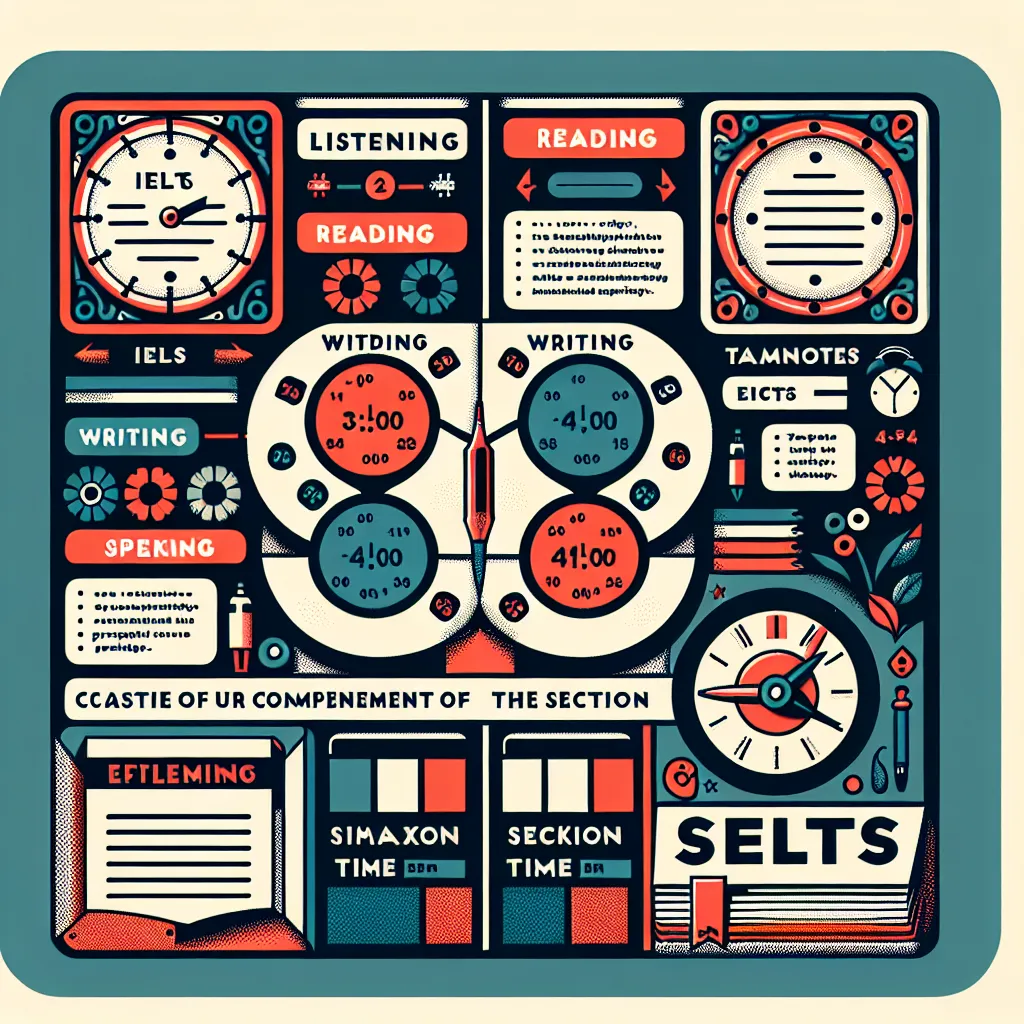Are you preparing for the IELTS exam but can’t attend regular classes? Don’t worry! With the right approach, studying for IELTS at home can be just as effective. This comprehensive guide will walk you through the best strategies to ace your IELTS preparation from the comfort of your own home.
Understanding the IELTS Exam
Before diving into study techniques, it’s crucial to understand what the IELTS exam entails. The International English Language Testing System (IELTS) assesses your English language proficiency across four key areas: Listening, Reading, Writing, and Speaking. Each section requires specific skills and strategies, which we’ll explore in detail.

Creating an Effective Study Plan
1. Assess Your Current Level
Start by taking a full-length IELTS practice test to determine your baseline score. This will help you identify your strengths and weaknesses, allowing you to focus your efforts where they’re most needed.
2. Set Realistic Goals
Based on your initial assessment, set achievable goals for each section of the IELTS exam. Remember, improving your English skills takes time, so be patient with yourself.
3. Establish a Study Schedule
Create a weekly study schedule that allocates time for each IELTS component. Consistency is key, so aim for regular, shorter study sessions rather than infrequent, lengthy ones.
Essential Resources for Home Study
1. Official IELTS Materials
The Cambridge IELTS series and the Official IELTS Practice Materials are invaluable resources. They provide authentic test questions and help familiarize you with the exam format.
2. Online Platforms
Websites like IELTS.org, British Council, and IDP IELTS offer free practice materials, sample tests, and study tips. Utilize these resources to supplement your learning.
3. Language Learning Apps
Apps like Duolingo, ELSA Speak, and Grammarly can help improve specific language skills. Use them to enhance your vocabulary, pronunciation, and grammar.
Strategies for Each IELTS Component
Listening
- Practice with a variety of accents by listening to podcasts, news broadcasts, and TED Talks.
- Focus on understanding main ideas and specific details.
- Improve your note-taking skills to capture key information quickly.
Reading
- Read extensively across different genres and topics.
- Practice skimming and scanning techniques to locate information quickly.
- Work on improving your reading speed without sacrificing comprehension.
Writing
- Familiarize yourself with common IELTS writing task types.
- Practice planning and structuring your essays within the time limit.
- Focus on developing clear, coherent arguments and using a range of vocabulary and grammatical structures.
Speaking
- Record yourself speaking on various topics and analyze your performance.
- Practice with language exchange partners or join online speaking groups.
- Work on fluency, pronunciation, and expanding your vocabulary for different subjects.
Maintaining Motivation and Tracking Progress
1. Set Milestones
Break your study plan into smaller, achievable milestones. Celebrate your progress as you reach each one to stay motivated.
2. Use Progress Tracking Tools
Keep a study journal or use apps to track your progress. Seeing your improvement over time can be a great motivator.
3. Join Online IELTS Communities
Connect with other IELTS aspirants through forums or social media groups. Sharing experiences and tips can provide valuable support and motivation.
Common Pitfalls to Avoid
- Neglecting certain skills: Ensure you’re dedicating time to all four components of the IELTS exam.
- Overrelying on translation: Try to think in English rather than translating from your native language.
- Ignoring time management: Practice under timed conditions to improve your speed and efficiency.
- Focusing solely on IELTS materials: Incorporate real-world English content into your study routine for a more holistic approach.
Next Steps: Putting Your Study Plan into Action
Now that you have a comprehensive guide to studying for IELTS at home, it’s time to put your plan into action. Start by assessing your current level, setting your goals, and creating your study schedule. Remember, consistency and dedication are key to success in the IELTS exam.
Begin with the official IELTS materials and gradually incorporate other resources as you progress. Don’t forget to balance your study across all four components of the exam. As you study, regularly reassess your progress and adjust your plan as needed.
Studying for IELTS at home can be challenging, but with the right approach and resources, you can achieve your desired score. Stay motivated, track your progress, and don’t hesitate to seek support from online communities when you need it. Good luck with your IELTS preparation!